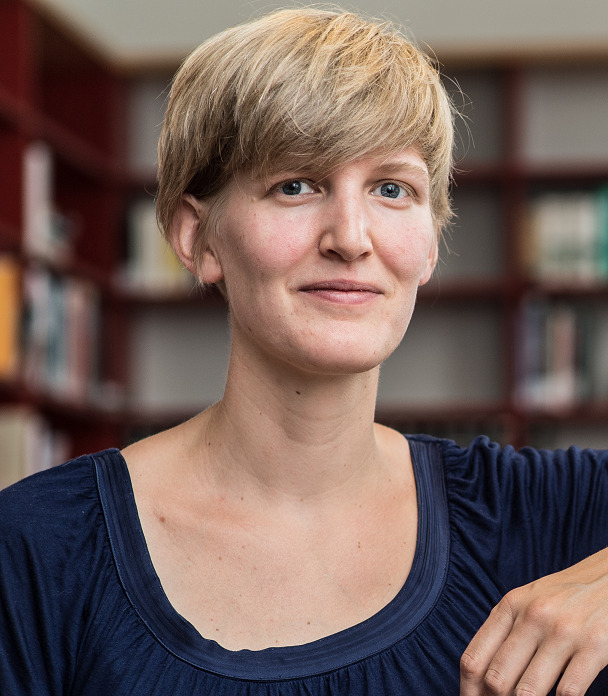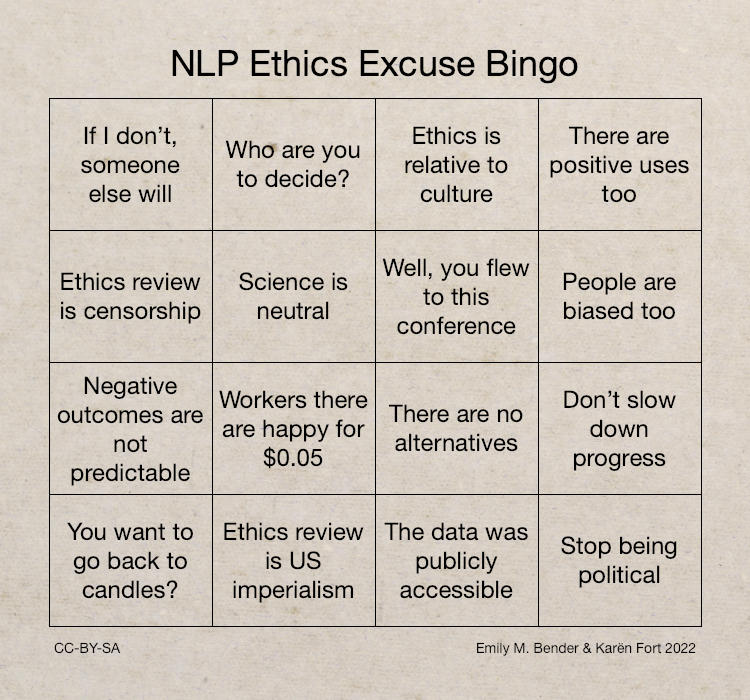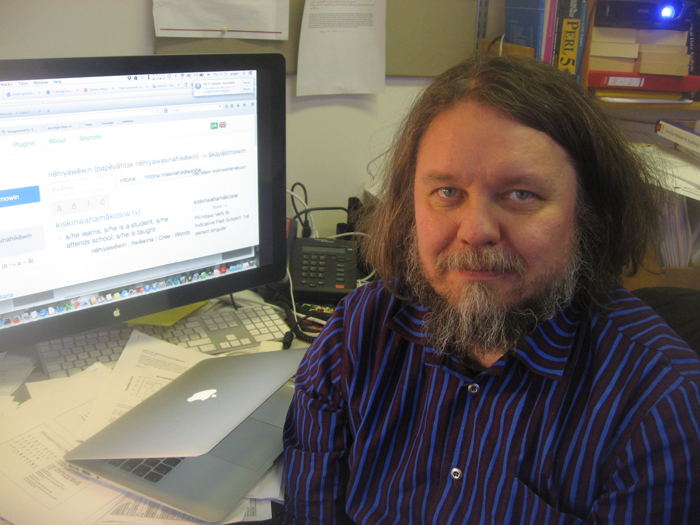Events
Lecture
Mag. Dr. Stephanie Gross, MSc, OFAI
Multimodal Human–Robot Interaction in Situated Task Descriptions
Humans and robots are increasingly working together at home and in the workplace, and successful interaction depends on the robot picking up on the human's …
Lecture
Dr. Peter Hallman, MA, BA, OFAI
Comparatives in Arabic
Syrian Arabic, like English, has a syntactic constraint on the formation of clauses that describe standards of comparison. But unlike in English, the scope of …
Lecture
Univ.-Prof. Dr.-Ing. Benjamin Roth, BSc, MSc, University of Vienna
Evaluation and Learning with Structured Test Sets
While behavioural tests capture human prior knowledge and insights, there has been little exploration on how to leverage them for model training and development. This …
Lecture
Ass.-Prof. Dr. Karën Fort, Sorbonne Université / LORIA
Ethics and NLP: What we Talk About, What we Don't Talk About Anymore, What we Never Talked About
Commercial applications of natural language processing have now invaded our daily lives, with consequences that raise difficult ethical questions. These questions will be discussed in …
Lecture
Dipl.-Psych. Dr. Christoph Scheepers, University of Glasgow
The “Crossword Effect” in Free Word Recall: A Retrieval Advantage for Words Encoded in Line with their Spatial Associations
Word concepts are known to modulate sensori-motor responses, but it is less understood how sensori-motor actions influence access to word concepts in memory. This phenomenon …
Lecture
Dr. Raphael Deimel, BSc, MSc, TU Wien
Fluent and Intuitive Human–robot Object Handover
Watching humans hand over things, the skill seems trivial. But the smoothness and the ease of interaction is deceiving, as complex, fast and nonverbal communication …
Lecture
Dipl.-Ing. Dr. techn. Roman Pflugfelder, TU München / Technion
Fragmented Occlusion in Computer Vision
Computer vision algorithms are stymied by occlusion, the result of information loss when a three-dimensional scene is projected onto a two-dimensional image. A new video …
Lecture
Prof. Antti Arppe, MSc, PhD, University of Alberta
Finding Words that Aren't There: Using Word Embeddings to Improve Dictionary Search for Low-resource Languages
Machine learning for language technology requires an amount of training data that simply does not exist for many languages. Can we exploit existing models for …
Lecture
Prof. Dr. (i.V.) Steffen Eger, Bielefeld University
Text Generation for the Humanities
Can computers learn to write poetry in particular styles, or to summarize historical documents using more modern language? These and other subjects will be discussed …
Lecture
Prof. Dr. Katrien Beuls, MSc, MA, University of Namur, Belgium
Unravelling the Computational Mechanisms Underlying the Emergence of Human-like Communication Systems in Populations of Autonomous Agents
Advances in AI have led to tremendous progress in many domains, but the communication systems used by artificial agents are still far removed from exhibiting …









